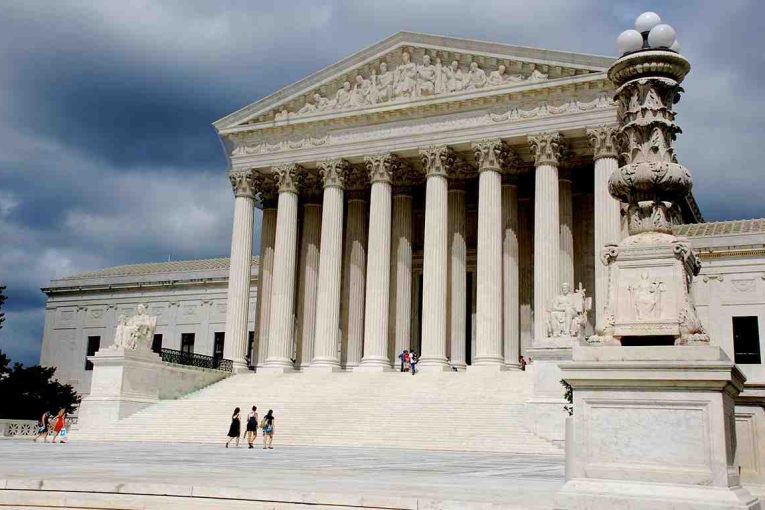
 By Noe Herrera
By Noe Herrera
WASHINGTON, DC – Dr. Xiulu Ruan and Dr. Shakeel Kahn, both convicted for peddling opioids, have appealed their cases to the Supreme Court of the U.S./SCOTUS – legal advocates and medical experts suggest this may help determine whether patients in severe pain seek help from doctors or drug dealers.
According to a press release from the Department of Justice, Dr. Ruan was convicted in the Southern District of Alabama and sentenced to 21 years in prison and was ordered to pay more than $13 million along with his co-defendant, Dr. Couch.
The Star Tribune reported that Dr. Kahn was convicted in Wyoming and sentenced to 25 years in prison. Both cases have been appealed and will soon be reviewed by SCOTUS in the following months.
The Ruan and Kahn Supreme Court cases have allowed numerous physician, treatment, and legal advocacy groups a legal opening to argue that strict control over doctors’ ability to prescribe controlled substances may create “a medical climate where doctors neglect appropriate pain treatment,” according to Bloomberg Law. 
Moreover, lawyers and medical experts are bringing light to the issue of inflexible policies and record keeping that may strain the trust between patients and doctors.
According to nature.com, a peer-reviewed science journal, while “sensible prescribing can reduce opioid abuse and overdose risk… restricting the access of people with chronic pain to prescription opioids could send them scrambling for other options.”
Additionally, the science journal said while the number of people who require traditional opioid medication is relatively low, “people who are put at most risk by this response to the opioid crisis are those with chronic pain who receive long-term opioid therapy” including more than five million to eight million patients in the United States in 2014.
The misinterpretation of the intent of CDC guidelines is to blame for strict policies that pressure clinicians to avoid opioid treatment altogether, the journal notes.
Jane Orient, a physician and executive director of the Association of American Physicians and Surgeons stated “any doctors aware of what happened to Dr. Ruan will say, ‘hey, I’m not touching these controlled substances, in response to their own financial incentives rather than the legitimate medical needs of their patients.’”
Pooja Lagisetty, a physician investigator at the University of Michigan, said to Bloomberg Law, “if we are closing our doors to patients who have been on long-term opioids or need opioids for their pain, then we’re essentially asking our patients to find pain relief outside of the medical system…we’re essentially asking them to go into an unregulated system that could be more harmful than good.”
According to the Centers for Disease Control, overdoses rose during the COVID-19 pandemic and there were an estimated 100,000 deaths in an annual report in April 2021.
And Harry Nelson, a health-care attorney, there was a “huge uptick in the severity of enforcement” regarding Opioid overuse and over prescribing, but yet “it’s never been worse than it is today.”
Nelson continued stating, “the vast majority of doctors prescribing has gone down dramatically, and the kind of patients they’ll prescribe” including those with painful medical conditions “has really shrunk.”
Michael Eisenstein, an author for Nature, wrote, “although the debate about the benefits of prescription controls is set to continue, there is broad agreement that the US health-care system as a whole has failed people with chronic pain.”
